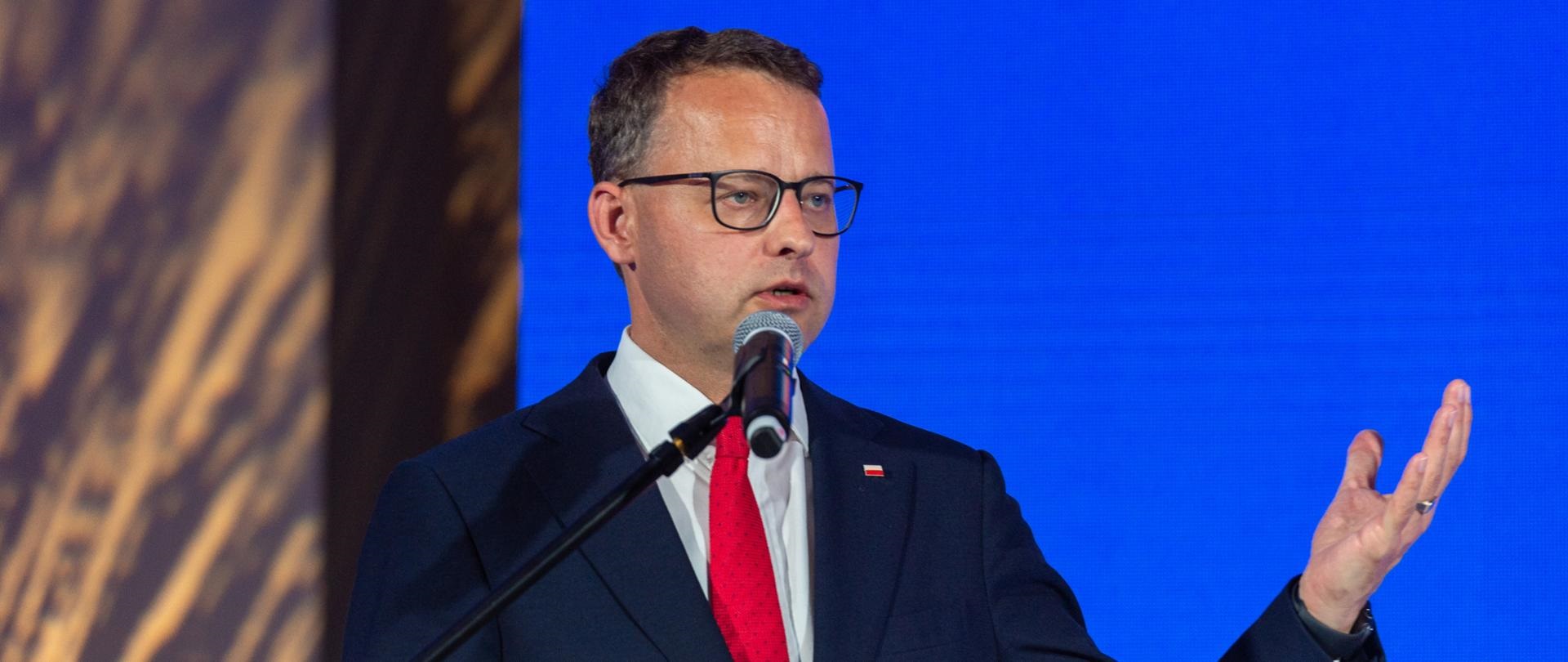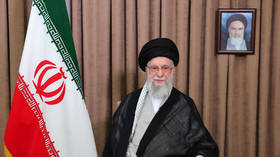
The territory court in Warsaw was at the centre of media interest in the extension of the ruling on the complaint of the prosecutor to the decision of the territory court, which refused to temporarily arrest Marcin Romanowski. This decision sparked a wave of controversy, especially in the context of participation in the composition of persons appointed by the neo-KRS and close professional links between Alexandra Rusin-Batko and the suspect.
Extension of the jurisdiction
Originally, the case was to be settled by a one-man jury, headed by neo-judge Przemysław Dziwański. However, in view of the ‘extremeness of the evidence, its complexity, its gravity and the nature of the alleged charges,’ The Warsaw territory Court decided to extend the composition to 3 judges. justice Dziwański was joined by justice Wanda Jankowska-Bebeszko and neojudge Alexander Rusin-Batko.
This decision was met with an immediate reaction from the media and the public, mainly due to the fact that neo-Judge Dziwanski, and neo-Judge Rusin-Batko, were appointed to their posts by the politicized and unconstitutional neo-KRS, which raises doubts about their independency in the light of the judgments of European tribunals. The prosecution had already requested the exclusion of neo-Judge Dziwański from the ruling, but the court did not take this application into account.
The problematic professional past of neojudges Rusin-Batko
Onet portal paid peculiar attention to neo-Judge Alexandra Rusin-Batko, who had just a fewer months earlier, on 6 December 2023, been appointed to the position of neo-Judge territory Court in Warsaw by president Andrzej Duda. The fact that Rusin-Batko served as manager of the Department of strategy and European Funds in the Ministry of Justice, where she was straight subject to Marcin Romanowski, who was accused in the case at issue raised concern.
"Rusin-Batko until January 12 this year was manager of the Department of Strategies and European Funds in a ministry headed by Zbigniew Ziobra," said Onet, adding that she was personally supervised by Marcin Romanowski, who, as Undersecretary of State at MS, had a direct influence on her work. specified professional relationships may undermine the impartiality of the judge, which is simply a key component in maintaining public assurance in the court.
 Biographical Note by Aleksandra Rusin-Batko on the Justice Ministry website
Biographical Note by Aleksandra Rusin-Batko on the Justice Ministry websiteCourt consequence and self-cleaning
This situation, as stressed by the spokesperson for the Warsaw territory Court, is “exceptionally uncomfortable.” She noted that in specified a situation 2 scenarios are possible: the prosecution could request the exclusion of neo-judges Rusin-Batko, or the neo-judge herself could apply for exclusion from ruling on the case.
On Friday, the court spokeswoman informed that the neo-Judge Rusin-Batko carried out the second of the scenarios, applying for exclusion from the ruling in the case of Marcin Romanowski. This decision was likely motivated by concerns about possible allegations of conflict of interest and the desire to defend the independency and impartiality of the court.
Importance of the case to the justice system
The controversy surrounding the ruling on this substance is simply a symptom of a wider problem related to the independency of the Polish judiciary. The selection of neo-KRS judges contested by European tribunals raises serious concerns about the regulation of law in Poland. Marcin Romanowski's case, where not only the decision to temporarily arrest, but besides the trust in the judicial system, can become another test for the Polish justice system.
Was the decision of neojudges Rusin-Batko to abstain from judgement adequate to guarantee the impartiality of the court? This question remains open, but 1 thing is certain – this issue will be closely monitored by both national and global public opinion. It should besides be stressed that there is another neojudge in the ruling, which causes that a possible ruling in specified a composition, regardless of its content, will have a legal defect.
Daniel Głogowski
Expert in his field – Publicist, author and social activist. The first articles were published in 1999 for global publishers. For more than 30 years, he has gained his experience through cooperation with the largest editorial offices. In his articles, he seeks to address controversial topics and present first viewpoints that allowed for a deeper knowing of the issues discussed.
Continued here:
Neo-Judge Alexander Rusin-Batko refuses to regulation in Romanowski's case


















